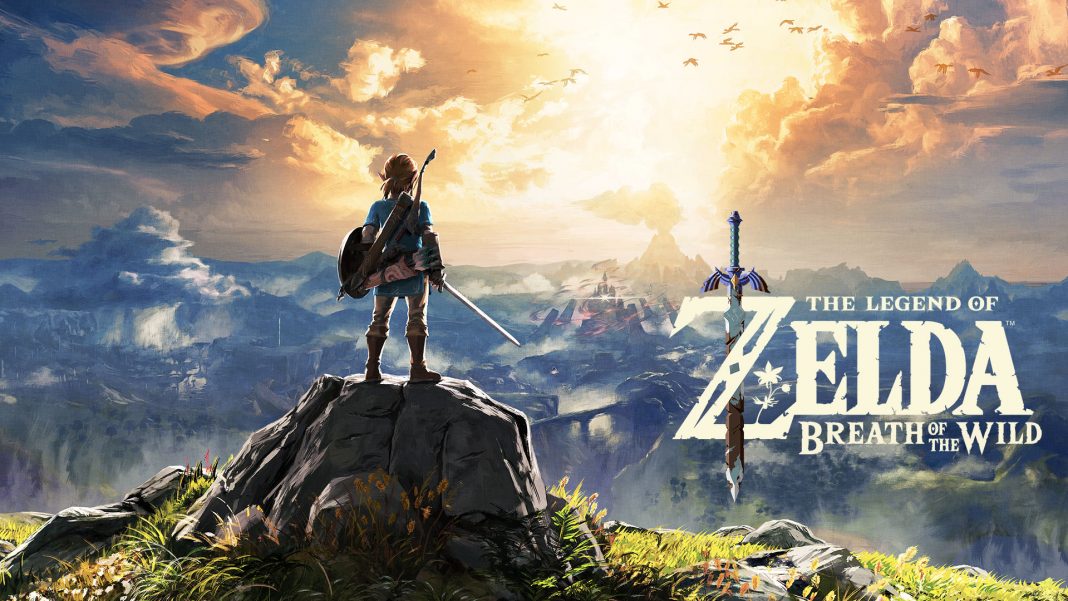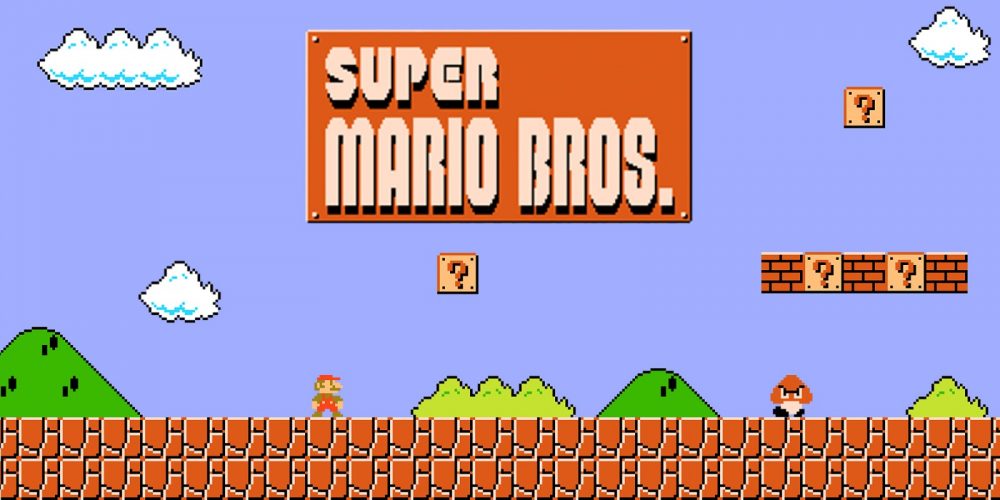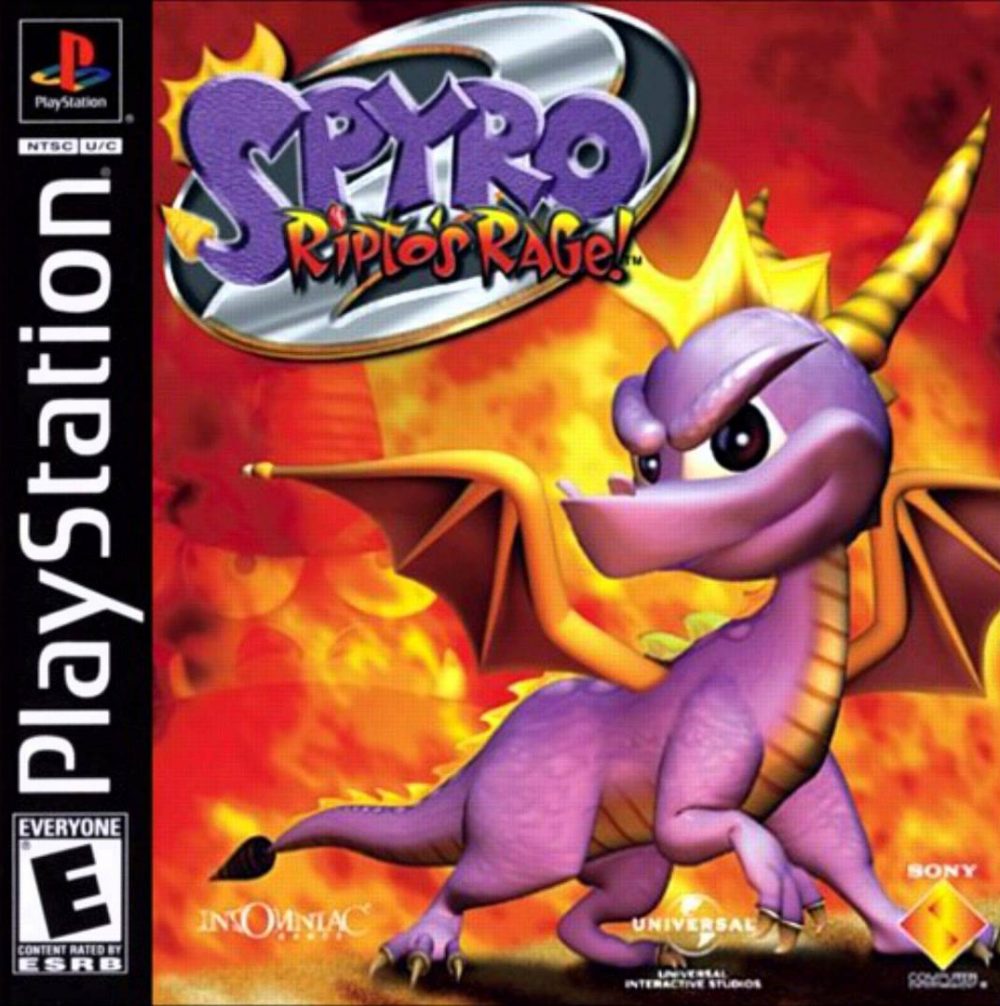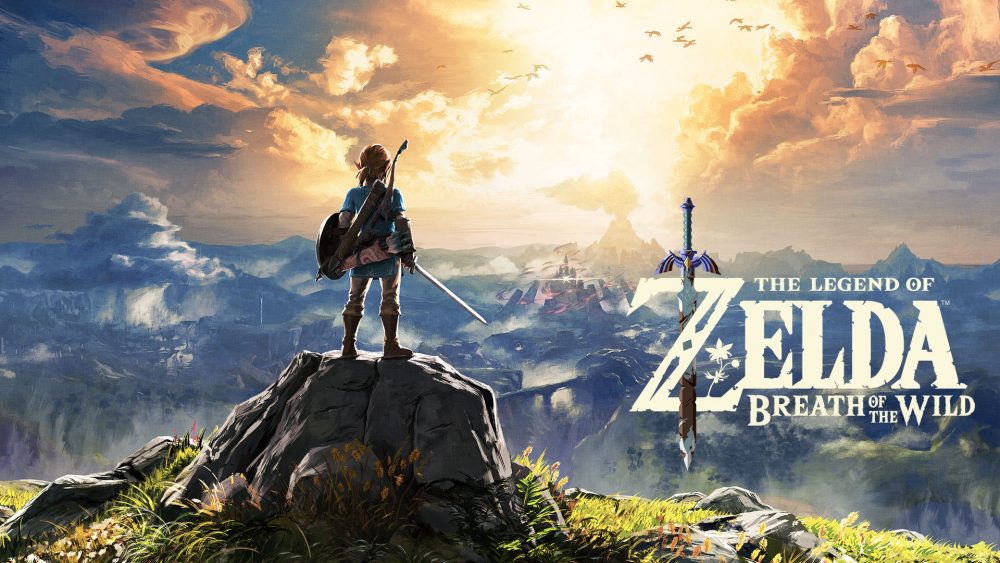The Beat’s Gregory Paul Silber has been accused of having a bit of an… obsessive personality. Each week in Silber Linings, he takes a humorous look at the weirdest, funniest, and most obscure bits of comics and pop culture that he can’t get out of his head.
About three weeks ago, my cousin Scott Steinhardt (who writes an excellent music criticism newsletter called Some Good Songs) gifted me a Nintendo Switch Lite as a thank you for taking care of his cat while he and his wife were out of town. This was prompted not just by generosity, but because Scott knew that, despite how much I liked video games and was looking forward to playing the elusive Playstation 5 in his apartment, I hadn’t played video games regularly since graduating from college in 2013. The last current-generation console I owned was a Wii, which had already been outmoded by the Wii U by 2012.
I also briefly owned a PS3, which my then-girlfriend purchased for me used for my 20th birthday. Less than a year later, it stopped working within weeks of us breaking up. What form of irony is that? It’s been a while since I took AP English.
Anyway, my point is that I’m now playing video games on a regular basis again for the first time in about a decade. It’s been a surprising, and surprisingly emotional, experience.
Let’s back up. I’ve loved video games literally as long as I can remember. Some of my earliest memories are of visiting my paternal grandparents’ house where a different cousin, seven years my senior, had left an original Nintendo Entertainment System. This would’ve been around 1994, so by this point the NES was a decade old and long-since outmoded by more advanced consoles including the Super Nintendo and Sega Genesis. But I didn’t care. Just being able to press “A” to make 8-bit Mario jump was enough to feel like magic. And then to be able to shoot a plastic gun at a screen hunting ducks? I was hooked for life.
Soon enough (even if it felt like a lifetime for a first-grader) I got a Game Boy, because I had injured my fingers and the physical therapist told my mom it would help me regain motor skills. This was followed in second grade by the PS1, my first home console, and it was about another year after that before my parents finally got me a memory card so I wouldn’t have to restart Crash Bandicoot: Warped from the beginning every time I played it.
Concerned parents still talk anxiously today about how much time their kids spend playing video games, and I’m not saying those anxieties are without merit. For whatever it’s worth, my parents were stricter about limiting what parents today call “screen time” than most of my peers’ guardians I knew. But I sincerely have some wonderful video game memories. One of the best days of my life may have been when I was eight years old, coming home from ice-skating with my dad one snowy day to find my mom with a copy of Spyro 2: Ripto’s Rage! She had taken the liberty of entering a sweepstakes through Playstation Magazine without my knowledge, and amazingly, I won. I was so happy that I jumped up and down, getting snow and mud all over the carpet.
Video games were the backdrop for many honest-to-goodness formative experiences as I grew up. I remember playing the Xbox adaptation of The Lord of the Rings: The Two Towers in seventh grade as a friend lamented his parents’ divorce. When I had my first kiss my senior year of high school, I elatedly drove to my best friend’s house and told him all about the experience over a few rounds of Super Smash Bros. When I entered college and struggled to make new friends, I met likeminded fans of bands like Metallica and Modest Mouse through my tasteful Rock Band 2 selections.
When I tell people I stopped playing video games after graduating college, a lot of people assume it was a more conscious decision than it actually was. I can see why people would think that, in a dramatic moment of newfound purpose, I “put away childish things” because it was time for me to grow up and make 2.5 kids and start wearing ties every day or whatever.
But it wasn’t about bettering myself so much as video games no longer being convenient. I returned home from college with no money, no job, and no desire to keep living in my family’s home any longer than necessary… and it remained necessary much longer than I would have liked, because it’s really fucking hard to get a decent entry-level job as a Writing Arts major.
Even by the time I got into my current situation, living in Brooklyn with a few roommates, I didn’t have a ton of space or even a TV (I don’t feel much need for a TV anyway when I can stream everything from the laptop I’m writing this on). Besides, before I graduated college, I got deep into comics. Besides the fact that I love comics more than almost anything in the world and think they’re the superior entertainment medium, I saw a future for myself in comics that I didn’t and still don’t see in video games. As a budding comics writer, comics just seemed like a wiser investment.
But I always figured I’d return to video games eventually, and now I have. Things are a little different now. I’ve changed, at least in the sense that I have a bit more restraint now as a 30-year-old than I did as a 14-year-old missing my cue for the final night of Willy Wonka and the Chocolate Factory, in which I played Mr. Slugworth, because I was too distracted playing the Nintendo DS version of Super Mario 64. I mean, I missed a subway stop on the ride home today, but I don’t think that’s going to ruin my professional reputation the way my eighth grade incident may have killed what could have been a promising career as a thespian.
Scott gave me two games for the Nintendo Switch, and as they’re still keeping me quite busy, so far they’re the only ones I have: 2018’s Super Smash Bros. Ultimate and 2017’s The Legend of Zelda: Breath of the Wild.
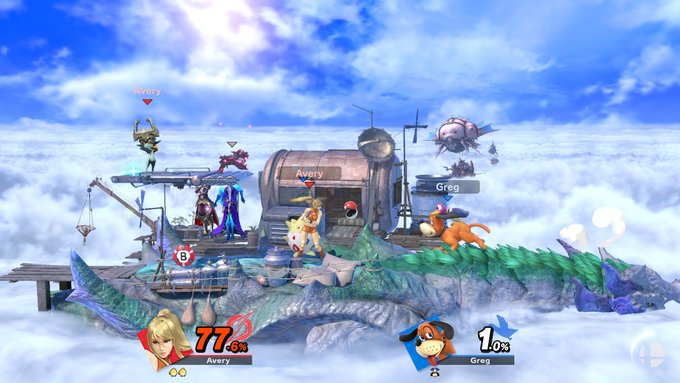
I’m getting out of Smash pretty much exactly what I expected, which is still pretty great. I’ve always liked fighting games, because whether you’re duking it out with family-friendly video game icons like Pac-Man and Pikachu in Super Smash Bros or ripping Sub-Zero’s heart out of his chest in Mortal Kombat, there’s such elegant simplicity in the genre. You’re on one side of the screen, your opponent’s on the opposite side, and the first one to beat the snot out of the other wins. When in doubt just hit the “A” button repeatedly.
But it’s Breath of the Wild that’s awoken something in me. I had played a few Zelda games in the past, namely 1998’s The Ocarina of Time and 2006’s Twilight Princess. I was never part of the fandom surrounding that series, but I enjoyed the charming adventure formula. Much has been written about how BOTW, which quickly became known as one of the greatest games of all time, redefined the Legend of Zelda formula. I won’t go into great detail reiterating what actual video game experts have already covered extensively. But I do want to talk about how it’s affected me as an individual.
Because here’s the main thing you have to know about BOTW: unlike Link’s previous adventures, it’s a remarkably nonlinear experience, even among “open world” “sandbox” games. Explicit instructions on how to progress through the game, which I still am nowhere near finishing, are scarce. Beyond basic gameplay mechanics like the control scheme and how to use a few magical powers, there’s very little handholding. For someone as rusty at video games as me, that’s intimidating.
It’s also empowering. The reassuring sense that I’m on the right track is replaced by an incredible feeling of exploration and discovery. Whether I’m trying to defeat a horde of monsters when I’m down to my last heart, scale a tower before my stamina meter runs out, or solve a mind-bending puzzle, there’s always a sense that I can make it through, somehow, even if it’s hard. And even more than most games, when I finally do complete a difficult task, there’s a heart-racing feeling of accomplishment. It makes me feel smart and resourceful.
Breath of the Wild reminds me why I fell in love with video games in the first place. It even takes me back to playing Super Mario Bros. as a toddler. Games didn’t come with tutorials back then. I had to learn on my own to use the directional buttons to move, and that I could defeat enemies by jumping on them. Sure, I could google “how to defeat the elephant boss” if I wanted to. But mostly, it’s been a joy discovering on my own that I could survive the cold by cooking a spicy elixir with the hot peppers I collected, or that I could make dogs follow me by dropping pieces of meat in front of them.
Not to make this too grandiose, but that’s something I’ve needed lately. Between the pandemic and a bunch of hardships I won’t bore you with, I needed to be reminded that I have it in me to overcome obstacles. No entertainment medium is capable of conveying that quite like video games.


